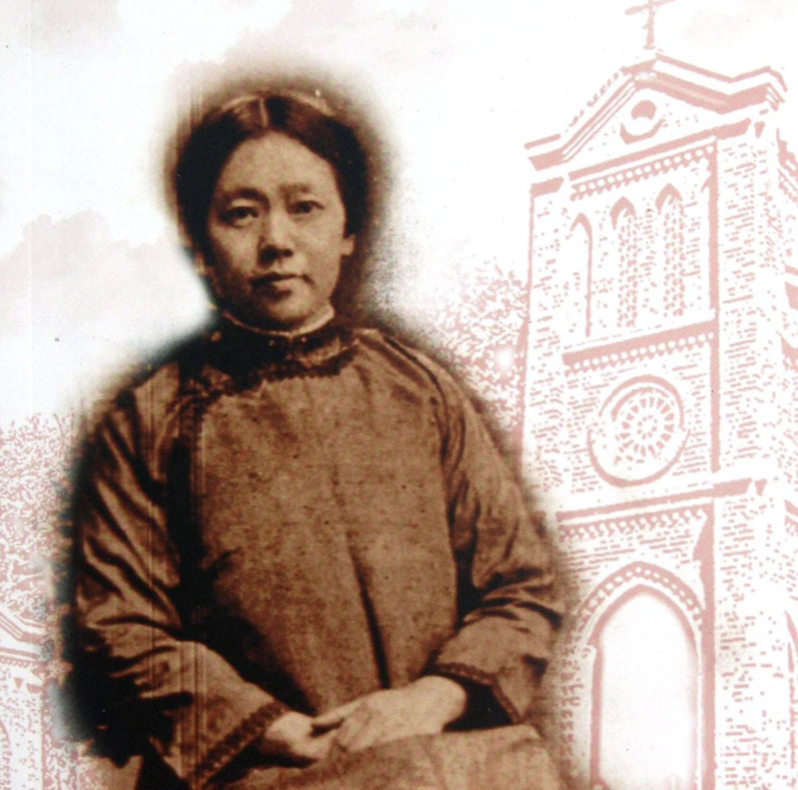The influence of Dora Yu on the revival of the Chinese church in the early 20th century was profound. “I was saved by a female believer who was Dora Yu,” said Watchman Nee, one of the most famous local church leaders of his time in China.
Dora Yu (1873-1931) was a famous Chinese Pentecostal evangelist in the early 20th century. Born in the Hangzhou American Presbyterian Church compound in Zhejiang province in 1873, she was the daughter of Christian parents. Having a pastor father, Yu began attending a Presbyterian school at the age of five. When she was 20, her family sent her to the U.K. to study medicine. On the boat, she was allegedly called by Jesus Christ. While the ship was in Marseilles, she suddenly decided to give up her medical career and disembark to return to China as a missionary without any regular income.
In the 19th and early 20th centuries, Christianity spread to the Korean Peninsula and developed rapidly in a very short time. She took medical courses in China and qualified as a doctor. In 1896, a member of the American Southern Methodist Episcopal Mission who was preaching in Shanghai, moved to Seoul with his family, becoming the first missionary of the mission in Korea. Mrs. Josephine P. Campbell, dispatched from the mission, also went to North Korea to liberate women. Campbell invited Dora Yu to serve with her in Korea. This is the first Chinese cross-country and cross-culture missionary that had gone global.
She was originally a stutterer, but God used an inarticulate speaker like her to be the bearer of the Gospel.
Yu often preaches messages concerning “ceaseless prayer”, “coping with sin”, “life more important than gifts”, and “obedience to the guidance of the Holy Spirit”.
When she returned to China in September 1903, she gave up practicing medicine, beginning to serve the Lord full time by faith. She was one of the first missionaries of the Chinese church to escape the financial supply of the Western mission and live entirely by faith.
This was what she asked God for in prayer: “To make me always possessed by God and always considerate of the needs of others.” She asked God to “saturate me with his love so that I can love as God do”; She prayed that God “can make me look at the things of this world from God’s point of view and keep me on the watch for the glory of the Lord’s return”.
In 1909, she raised money to found the Shanghai Bible Study and Prayer House, which was actually a Bible school. It was built focusing on the Bible and prayer. In addition, she continued to be invited to hold revival meetings.
From 1911 to 1912, Yu worked in Suzhou and Ningbo. In 1925, Yu and Leland Wang, known as the "Moody of China", worked together in a revival meeting in Shanghai, with more than 50 young believers devoting their lives to ministry.
In 1919, Yu and Ruth Paxon, a renowned missionary, joined the China Domestic Mission.
In 1920, she was invited to preach at the Methodist Episcopal Church in Fuzhou. Moved by her preaching, the evangelist Watchman Nee, and his mother, Peace Lin, both repented and went to study at Yu's Bible school. It wasn’t long before Nee launched the Little Flock Movement that affected the world.
In 1923, to meet the needs of church worship, the Bethlehem Hall was built on the campus, and the celebrated revivalist John Jonathan Goforth delivered an address. Besides, Yu ran the Bible study classes in the summer and winter.
Bibliography:
1. Dora Yu -- Pioneer of the Revival of the Church in China in the 20th Century
2. Wu Xiulang, Professor of History, Boston College
3. Bisson River Press, ISBN: 9780970341204
4. Wu Xiulang, Professor of History, Boston College. Jiuzhou Press, ISBN: 9787510814495
- Translated by Nicolas Cao












